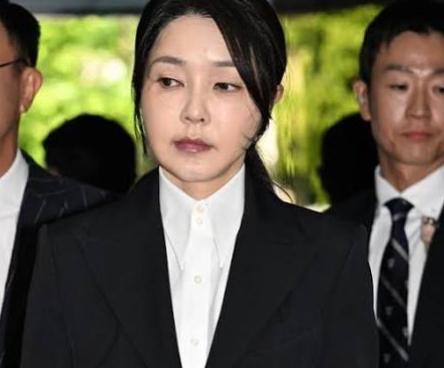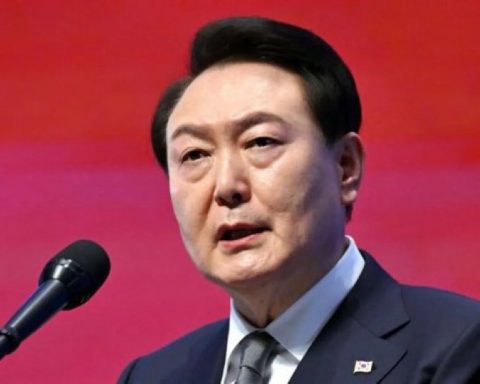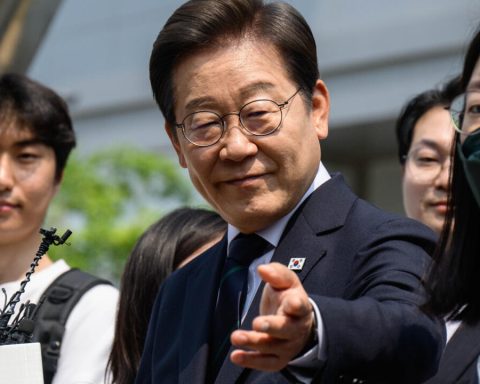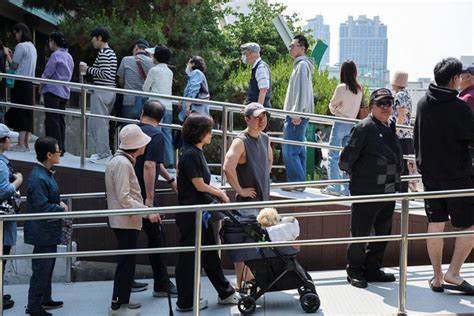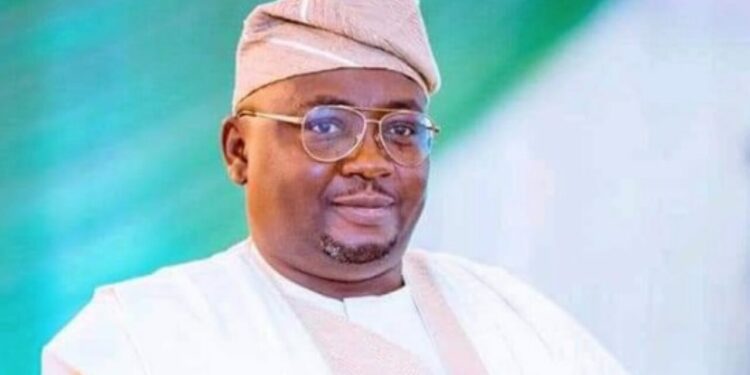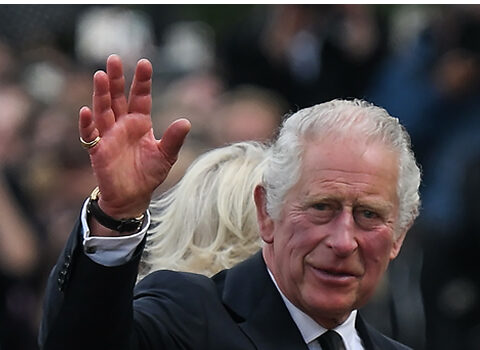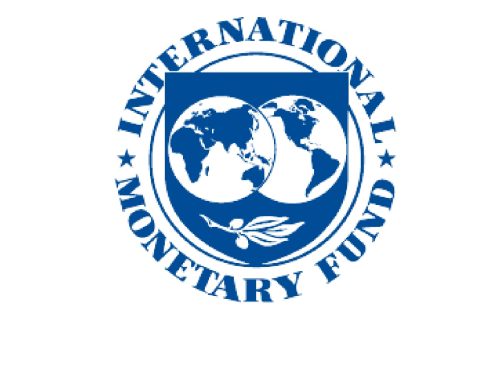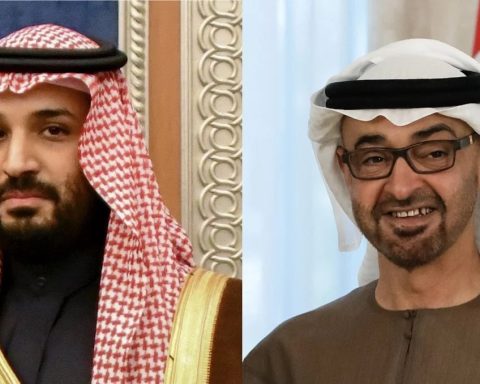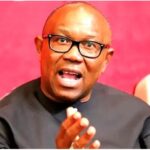South Korea’s December 2024 will forever be remembered as a month of unprecedented political turmoil and national tragedy.
A series of crises climaxed with the impeachment of President Yoon Suk Yeol, the removal of Prime Minister Han Duck-soo, and a devastating plane crash that left 179 dead. As the country grapples with grief and uncertainty, it faces a future clouded by political instability and a national crisis.
Join our WhatsApp ChannelYoon Suk Yeol Impeached Amid Political Turmoil
The political upheaval began on December 3, when President Yoon Suk Yeol ordered the imposition of martial law, citing the threat of “anti-state” forces sympathetic to North Korea. This decision shocked many, as martial law had not been declared in South Korea since 1979, during the authoritarian rule of President Park Chung-hee. It was also the first time martial law had been imposed since South Korea transitioned to democracy in 1987. The martial law lasted for just six hours but set off a wave of confusion and protests across the Asian country.
In response to the move, opposition parties quickly mobilized, accusing Yoon of authoritarian overreach. The country’s National Assembly swiftly took action, abolished the martial law and on December 14, Yoon was impeached. A total of 204 members of the National Assembly voted in favor of his impeachment, surpassing the required two-thirds majority. Notably, some members of Yoon’s own party joined the opposition in supporting the motion. Only 85 lawmakers voted against it, signaling a significant loss of support within his party.
The impeachment marked a major political turning point. In his defense, Yoon justified the martial law decree by arguing it was necessary to protect the country from threats aligned with North Korea. However, the public and political backlash was immense, and the impeachment vote was a reflection of widespread dissatisfaction with his leadership.
Following Yoon’s impeachment, Prime Minister Han Duck-soo assumed the role of acting president on December 14. Han promised to stabilize the country and guide it through the political turmoil. However, his tenure was short-lived, lasting only 2 weeks.
On Friday, December 27, Han Duck-soo was impeached by the National Assembly, which accused him of failing to appoint three justices to the Constitutional Court—a critical issue given that the court would decide the fate of Yoon’s impeachment. The 192-member opposition party, led by the Democratic Party, successfully passed the impeachment motion. The vote was 192 in favor and protest from Yoon’s power party against, demonstrating the opposition’s continued strength in the legislature.
Han had defended his refusal to make the appointments, saying the process needed agreement between the ruling and opposition parties. “I desperately feel how surprised and disappointed the people have been through this emergency martial law,” Han said. “The process is as important as filling the constitutional judge positions.” However, his defense fell on deaf ears, and his impeachment was finalized on the evening of December 27. With Han removed, Choi Sang-mok, the country’s finance minister, became the acting president, the third leader in just under a month.
Upon taking office, Choi who was also deputy Prime minister pledged to restore stability and minimize further government turmoil. “Minimizing governmental turmoil is of utmost importance at this moment,” Choi said in his first address as acting president. “The government will also dedicate all its efforts to overcoming this period of turmoil.” As South Korea’s acting president, Choi faces the daunting task of addressing both the political crisis and the nation’s other challenges.
Jeju Air Flight 7C 2216 Tragedy: 179 Dead in South Korea Plane Crash
Just as South Korea’s political leadership was in flux, a national tragedy unfolded on Sunday, On December 29, Jeju Air flight 7C 2216 crashed while attempting to land at Muan International Airport. According to CNN, the Boeing 737-800, which had departed from Bangkok, was carrying 175 passengers and 6 crew members. The plane crash-landed on its belly before skidding into a wall, catching fire. The disaster left 179 dead, with only two flight attendants surviving the crash.
South Korea media outlets reported that parts of the aircraft were scattered around the disaster site, and the crash is being classified as South Korea’s deadliest aviation disaster since 1997, when a Korean Airlines Boeing 747 crashed in Guam, killing 228 people. The tragedy sent shockwaves through the nation, already reeling from the political upheaval.
With no permanent Prime Minister in place and the country’s government in disarray, officials struggled to respond to the aviation disaster. Civil societies called out the government for delayed response to the tragedy. Reuters reported that under normal circumstances, the Prime Minister would take charge of disaster response. However, since Han Duck-soo had been impeached and Choi was only recently appointed as acting president 2 days earlier, there was confusion over the chain of command. A spokesperson of the government told Reuters that “A team of transportation ministry officials and safety ministry officials will report directly to Choi regarding the Muan plane crash for the next few weeks. As for how we will distribute press releases on all his schedules – still undecided,” the spokesperson said.
In addition to the plane crash and political instability, South Korea’s economy has also taken a hit. According to The Guardian, the country’s currency has fallen to its lowest point since the 2009 financial crisis. The government is also grappling with heightened security concerns, particularly following the arrests of several military commanders who were allegedly involved in the martial law plan.
As Choi Sang-mok navigates his new role, he faces the enormous challenge of stabilizing the country amid these multiple crises. With a deeply divided political landscape and the economy in turmoil, Choi’s ability to maintain control over the government and restore public confidence will be tested in the coming months.
With the Constitutional Court set to decide the fate of Yoon’s impeachment, South Korea faces an uncertain future. The court, which currently has only six justices out of nine due to vacancies, is under intense pressure to resolve the matter swiftly. This lack of full representation has raised questions about the court’s ability to make impartial decisions. The court has up to six months to decide the fate of President Yoon Suk Yeol. This period is the maximum allowed under South Korean law for the court to review and rule on the validity of the impeachment.
For now, South Koreans are left grappling with a combination of grief, confusion, and uncertainty as both political instability and a national tragedy weigh heavily on the country’s psyche. As the year draws to a close, the people of South Korea are left with the difficult task of navigating these tumultuous times, with hopes for a more stable future in 2025.



